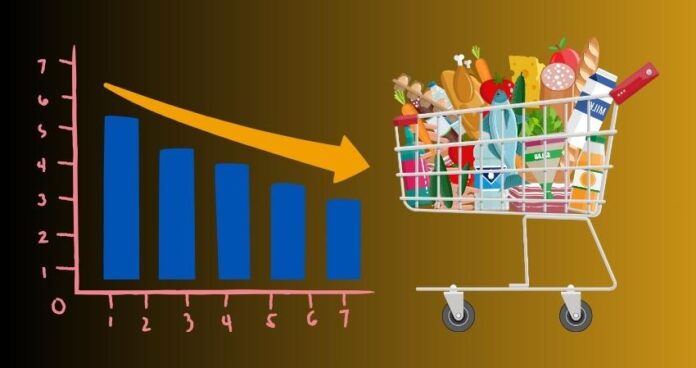

**Petrol Prices Anticipated to Fall by Rs. 8.27 Per Litre: A Boon for Consumers Amidst Global Oil Variability**
In a noteworthy shift that is set to provide essential relief to consumers, petrol prices are forecasted to reduce by Rs. 8.27 per litre in the next pricing cycle. This expected drop is attributed to a decline in global crude oil prices and advantageous currency exchange trends, granting a temporary escape from the inflationary burdens that have affected households and businesses.
### Global Oil Market Dynamics
The global oil market has experienced a downtrend in crude oil prices in recent weeks. Benchmark Brent crude has retreated from recent peaks due to various factors, including:
– **Heightened global supply**: Key oil-producing countries, especially within OPEC+, have increased production to stabilize the marketplace.
– **Weak demand**: Economic slowdowns in pivotal markets such as China and Europe have resulted in diminished energy demand.
– **Geopolitical stability**: Relative peace in major oil-producing areas has alleviated supply anxieties.
These factors have collectively led to a decrease in the price of imported oil, which directly affects local fuel pricing.
### Effect on Domestic Fuel Pricing
In several nations, including Pakistan and India, fuel prices are adjusted bi-weekly or monthly in response to international oil prices and currency exchange fluctuations. The anticipated Rs. 8.27 per litre reduction in petrol prices mirrors the recent decline in global crude prices and a comparatively stable domestic currency.
The ultimate decision regarding the price adjustment will be made by the pertinent government authorities, generally based on suggestions from regulatory entities such as the Oil and Gas Regulatory Authority (OGRA) in Pakistan or the Petroleum Planning & Analysis Cell (PPAC) in India.
### Economic and Social Consequences
The expected decrease in petrol prices is likely to produce several beneficial ripple effects throughout the economy:
1. **Lower Transportation Expenses**: Reduced fuel costs will lessen the financial strain on transporters and logistics firms, potentially resulting in lower prices for goods and services.
2. **Mitigated Inflation**: Since fuel is a significant input cost for numerous industries, a drop in petrol prices may help temper inflation, which has been a concern in various developing economies.
3. **Enhanced Consumer Spending**: With reduced expenditures on fuel, consumers may have greater disposable income to spend on other goods and services, potentially invigorating economic activity.
4. **Political Repercussions**: Fuel pricing is frequently a politically sensitive matter. A decrease in prices may enhance public perception and bolster the popularity of the ruling government.
### Warning Considerations
Though the current outlook is favorable, experts advise that fuel prices remain extremely volatile and can change abruptly due to geopolitical conflicts, natural calamities, or fluctuations in global economic circumstances. Both consumers and policymakers are urged to stay alert and refrain from making long-term plans based solely on short-term price changes.
### Conclusion
The expected Rs. 8.27 per litre reduction in petrol prices is a gratifying development for both consumers and businesses. It underscores the interconnected fabric of global markets and emphasizes the significance of adaptive and transparent fuel pricing frameworks. As the world continues to face economic uncertainties, such price adjustments remind us of the dynamic forces influencing our daily expenditures.
Consumers are encouraged to keep abreast of forthcoming pricing updates and adopt fuel-efficient strategies to maximize the advantages of the reduced petrol costs.






